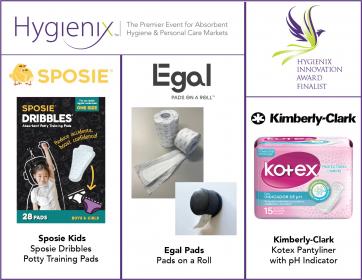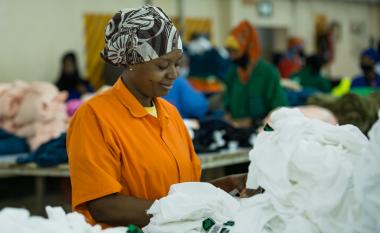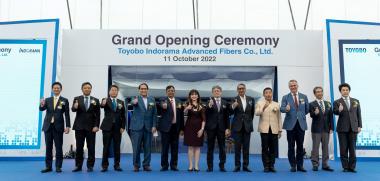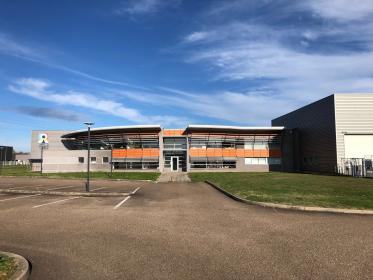Innovations in wearable sensor technology through watches and skin patches
IDTechEx report: Wearable Sensors 2023-2033
Overall, this report provides insight into how wearable sensors could be integrated into society long term - the technology underpinning value within the trend towards 'the quantified self'. The main drivers for growth identified are digital health and remote patient monitoring, extended reality, and the metaverse and performance analytics of athletes and sports people.
More people than ever before are turning to wearable sensors to monitor their activity levels. Despite its origin in simple step counting, the market for wearable sensors is expanding into the more complex arena of health monitoring. Innovations in wearable sensor technology are expanding the envelope of biometrics accessible through watches and skin patches, addressing the rising demand for remote patient monitoring and decentralized clinical trials but also increasing consumer expectations. This includes easier access to health data, and extends further to sensor integration into headsets and accessories for immersive AR/VR experiences.
Motion sensors finding applications beyond step counting
Motion sensing hardware is well established, with accelerometers integrated into almost every wearable. Therefore, as profit margins for manufacturers diminish with commoditization, expanding the application space is crucial to maintain growth. This report provides an outlook for emerging use cases such as health insurance rewards, clinical trials, and professional athlete monitoring.
Optical sensors seeking to go further than heart-rate detection
Smart-watch wearers are familiar with the red and green lights on the back of their devices, used to obtain heart-rate data or blood oxygen and further analyzed for insights into calorie burn, VO2 max, and sleep quality.
Sensor developers are interested in pushing the boundaries of what can be measured non-invasively with light - whether it be through new software to analyze photoplethysmography (PPG) signals or new hardware for spectroscopy. Multiple companies are competing to lead in the commercialization of wearable blood pressure, with others setting their sights on ambitious 'clinic on the wrist' devices to replace common hospital tests and even glucose monitoring. This report appraises the potential for optical sensors, and overviews challenges for calibration requirements and regulatory approval.
Monitoring of the heart, muscle, and brain
Incorporating conductive materials into wearable technology is a simple concept. However, it has led to a vast variety of wearables sensors including wet electrodes stuck on the skin to measure the heart, dry electrodes in headphones to analyze brain signals, and microneedles within skin patches to quantify muscle movements. As such, this also creates a broad application space for electrodes ranging from vital sign monitoring and sleep analysis for healthcare, to emotional response and stress monitoring for marketing and productivity. This report dedicates a section to the four key categories of electrodes: wet, dry, microneedle, and electronic skin. This includes a summary of key material and manufacturing requirements.
Wearable sensors are fundamental to continuous monitoring of health, fitness, and wellness. As applications for wearable technology grow, there are increasing opportunities for sensors that detect parameters ranging from glucose levels to pressure and from motion to temperature. Based on a decade of market research on wearable technology hardware, this report analyses the technological and commercial landscape of this growing industry, both today and into the future. IDTechEx's research in wearables tracks the progress of over 50 wearable electronic product types. Within each of these products, a key focus of the research has been understanding and characterizing the prevalence of sensor types integrated into each.
IDTechex































